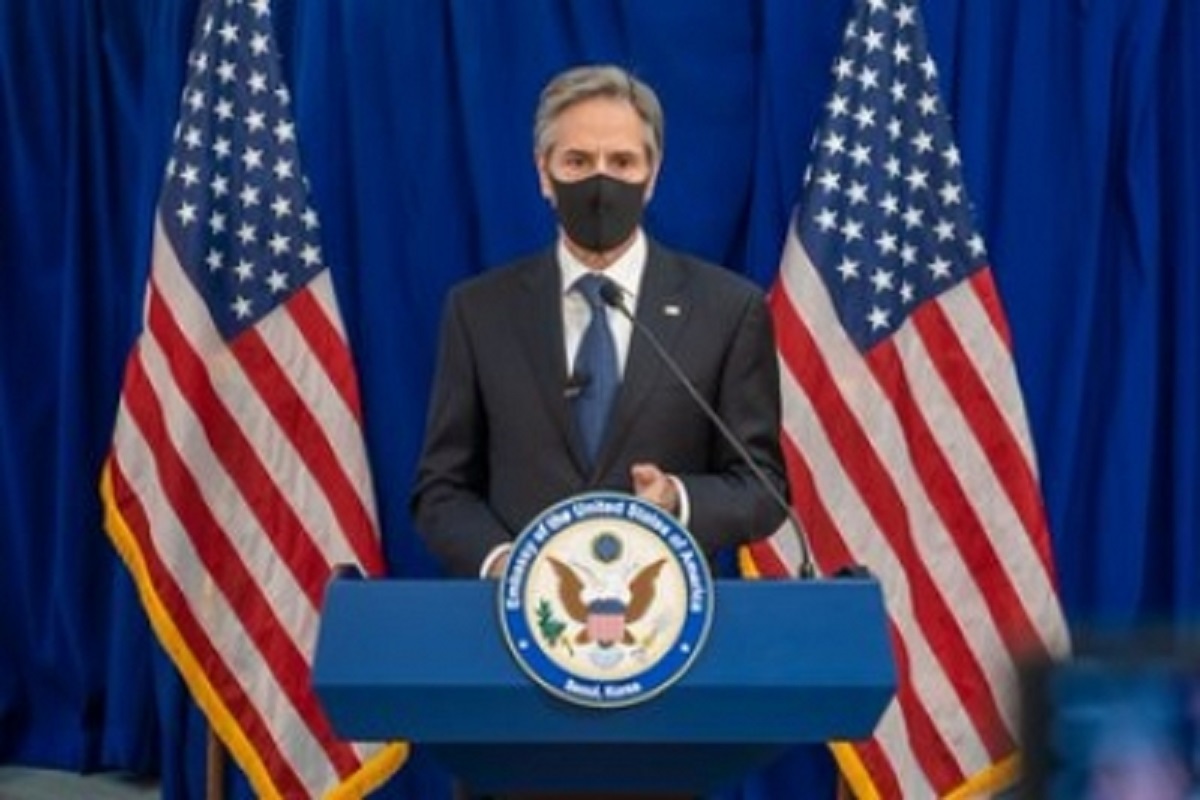Iran has toughened its stand on matters nuclear, asserting that the “nuke inspector deal” had expired or had passed its sell-by date, if you will. The Speaker of the country’s hardline Parliament made it explicit on Sunday that a temporary deal between Tehran and international inspectors to preserve surveillance images taken at nuclear sites had ended, escalating tensions amid diplomatic efforts to save the Islamic Republic’s atomic accord with world powers.
As fellow hardliners demanded that Iran delete the images, officials delayed a planned press conference by the head of the International Atomic Energy Agency in Vienna. That signaled negotiations between the United Nations agency and Tehran will continue. The last-minute discussions further underscored the narrowing window for the US and others to reach the terms of engagement with Iran.
Advertisement
The Islamic Republic is already enriching and stockpiling uranium at levels far beyond those allowed by its 2015 nuclear deal. Iran’s hardline parliament in December approved a bill that would suspend part of UN inspections of its nuclear facilities if European signatories did not provide relief from oil and banking sanctions by February.
The IAEA struck a three-month deal with Iran in February to have it hold the surveillance images, with Tehran threatening to delete them afterwards if no deal had been reached. That three-month deadline expired on Friday ~ under the Gregorian calendar. Under the Persian calendar, however, the threemonth deadline comes on Monday. On Sunday morning during a session of parliament, the Speaker, Mohammad Bagher Qalibaf, announced the deal had expired.
The nuclear negotiations have been plagued by contradictory, anonymously leaked information coming from Iran, testament to a conflict between the administration of the outgoing President Hassan Rouhani, the relatively moderate cleric who clinched the 2015 deal, and the hardliners now seeking to replace him. Indeed, as Iran prepares for presidential elections next month, hardliners have made it clear there has been enough dithering by their calculations and it is now for the US to simply lift sanctions.
US Secretary of State Antony Blinken described Iran as taking “destabilizing actions throughout the Middle East.” However, he said in order to counter that, “the first thing that we need to do is put the nuclear problem back in the box.” He added: “What we haven’t yet seen is whether Iran is ready and willing to make a decision to do what it has to do. That’s the test and we don’t yet have an answer.”
On Sunday, Iran had its way, rather an unpalatable piece of news for the likes of President Joe Biden. Mr Trump no longer occupies the White House but the ghosts of his policies haunt the Middle East.
